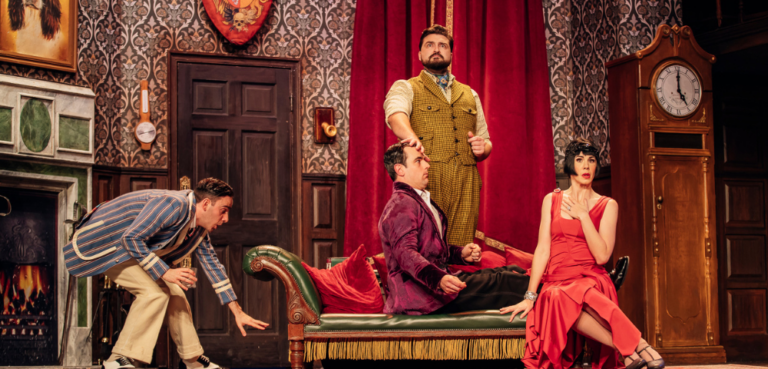
‘The Shrouds’: David Cronenberg’s Vision Of Grief Is Singular, For Better Or Worse
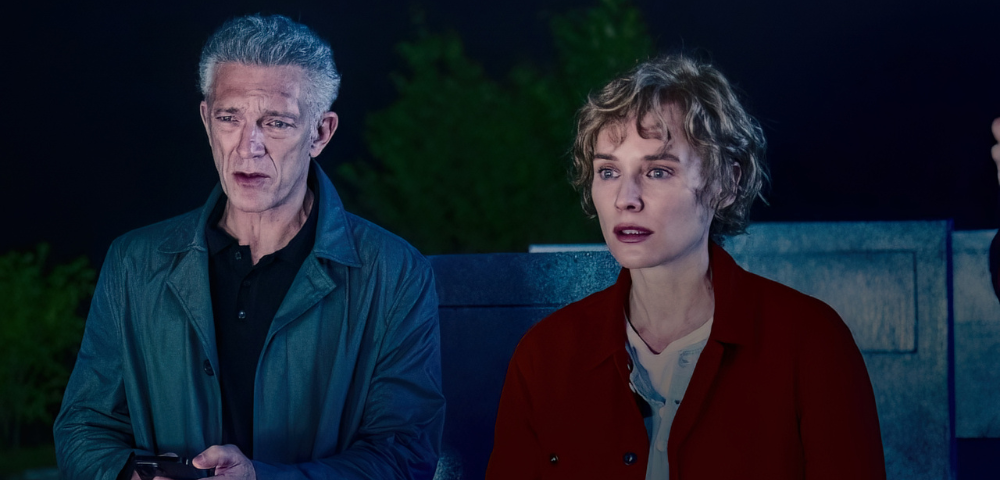
If there’s one thing that’s absolutely incontrovertible about body horror maestro David Cronenberg’s The Shrouds, it’s that nobody could have made this film but him. Inspired by feelings about his own wife Carolyn’s passing in 2017, it’s a deeply bleak work that’s obsessed with bodies in all states whether they’re alive, decaying or dead. Anyone even passingly familiar with Cronenberg’s work won’t be shocked.
What The Shrouds lacks compared to its directors most iconic outings, though, is a sense of focus. Much like grief itself, this is an unwieldy film that’s difficult to fully grasp and occasionally feels like you’re stuck with it forever. It’s possible to find meaning in the strange collage of ideas and feelings that is The Shrouds, but approaching it as a whole might also leave you feeling colder than a carcass.
It’s been four years since the wife of Karsh (Vincent Cassel), a producer of ‘industrial videos’, lost her battle with cancer. To keep watch over her into eternity, he’s created a company called GraveTech which allows paying customers to spectate the transformation of their loved ones into cadavers with 3D scanning.
One day, a number of the plots at GraveTech’s burial site are vandalised, including Karsh’s wife Becca (Diane Kruger). Along with his sister-in-law Terry (also Kruger), her ex-husband Maury (Guy Pearce) and a new blind paramour in Soo-min (Sandrine Holt), Karsh aims to find out who vandalised the graves and hold them responsible.
The Shrouds plays on Cronenberg’s common themes
The Shrouds plays on many of the themes Cronenberg has explored throughout his career. It’s a deeply technophobic film in an even greater manner than the masterwork that is Videodrome, albeit in a distinctly very modern way. There’s arguably nothing more horrifying in 2025 than our main character driving a Tesla.
But unlike his other body horror films, The Shrouds is more focused on what happens after the flesh fades away. Having lost his wife of so many years, he feels that he’s lost a physical and sexual extension of himself, having known her intimately for so long. Given the film is inspired by real feelings of grief, and that Karsh looks suspiciously like Cronenberg, it’s easy to see it as one of his most personal films.
Nonetheless, I found The Shrouds… odd. I often enjoy Cronenberg films for his utter commitment to exploring a certain idea, and rarely do his narratives feel like they’re stretching their worth as they come to a close. Given its distinct lack of focus and generally slower pacing, it’s a film that frankly feels all over the place.
From the script to the direction and disparate acting styles on display, it never feels like any two people The Shrouds fully understood what they wanted to achieve with the film. Its sleek, digital cinematography makes sense for a movie grappling with technology as a primary theme, but feels too clean for a story revolving around decaying corpses.
A film, like grief, with no easy answers
Each actor also feels strangely exposed throughout the film. Vincent Cassel is a fantastic performer, but an uncanny resemblance to Cronenberg can’t stop Karsh from lacking a certain charisma. This isn’t a problem exclusive to his performance – Diane Kruger and Sandrine Holt’s performances also feel like they weren’t given much in the way of direction, and that they struggled to mine much from their characters in the script.
Thankfully, Guy Pearce is having a lot of fun in The Shrouds as a computer whiz and bonafide loser. Maury is in much more of the film than you’d expect and Pearce always injects a needed shot of energy into the film, even if the plotline his character revolves around showcases some of the film’s stranger technophobic tendencies.
There are no easy answers in The Shrouds. In that way, it’s an ample representation of grief as it leaves you reeling for something definitive or a clean conclusion. I still wouldn’t mind if it was that eschewed traditional bounds of ‘enjoyment’, but a distinct lack of cohesion from all aspects of the film means that even its most interesting ideas sadly end up buried.
★★½
The Shrouds is in cinemas on Thursday, July 3rd.
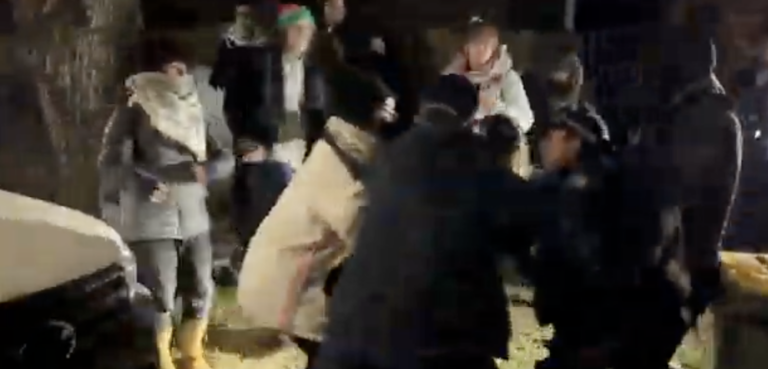


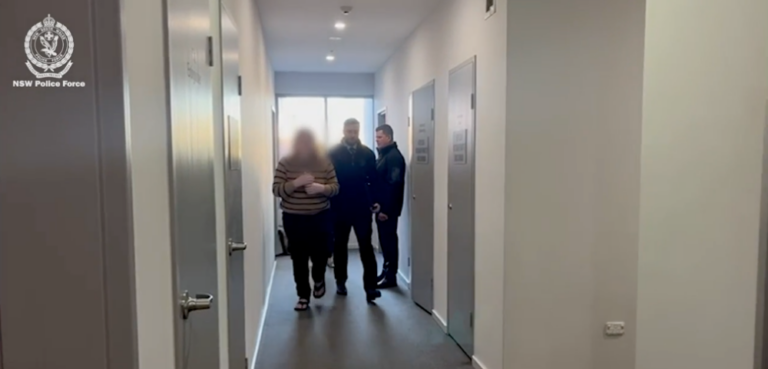
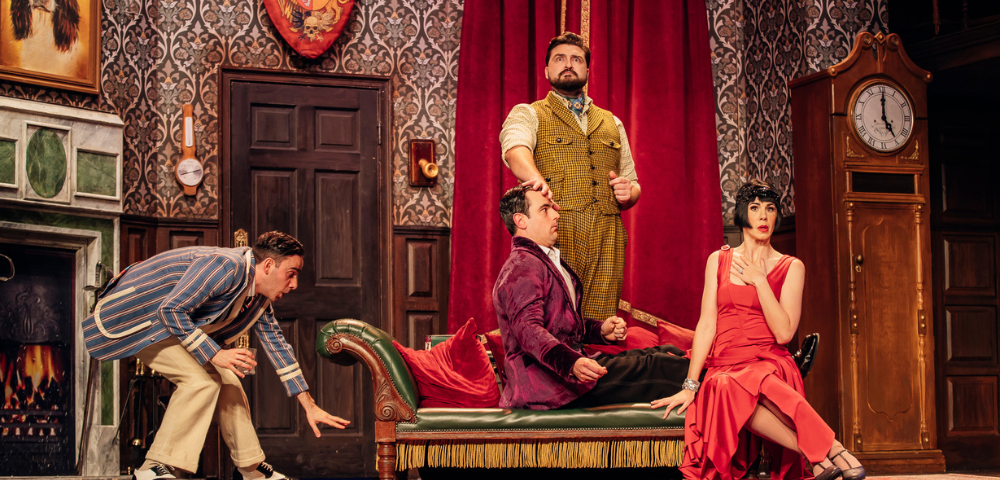
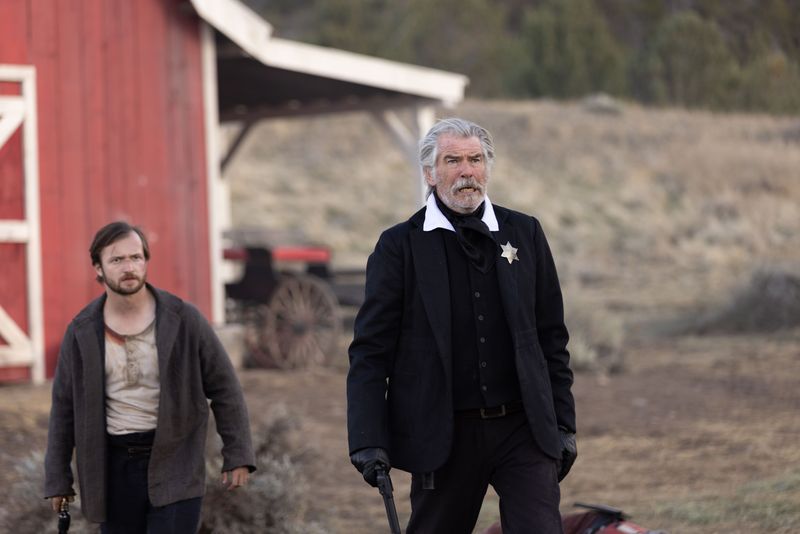

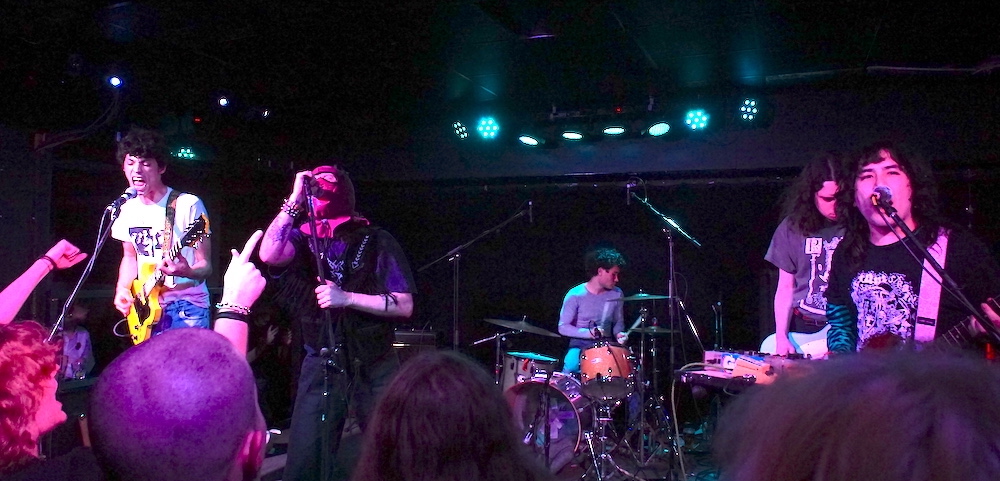

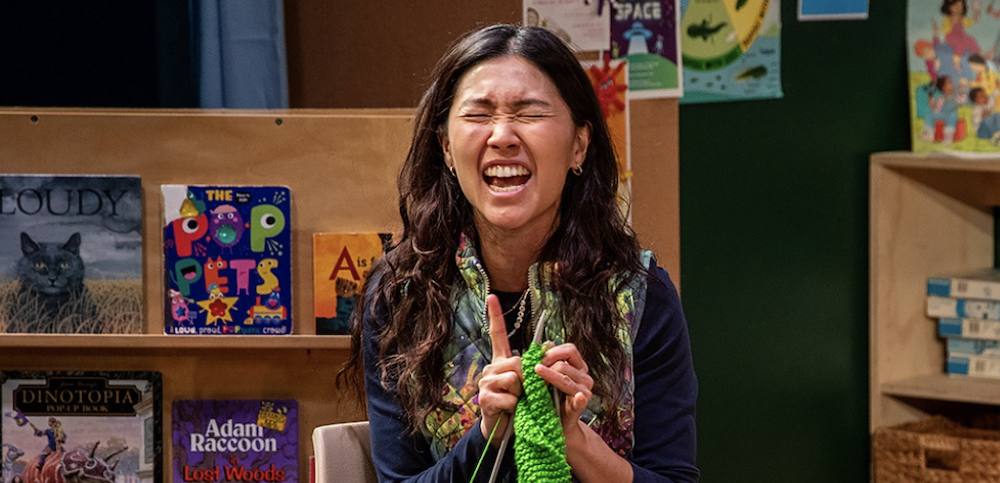
Leave a Reply